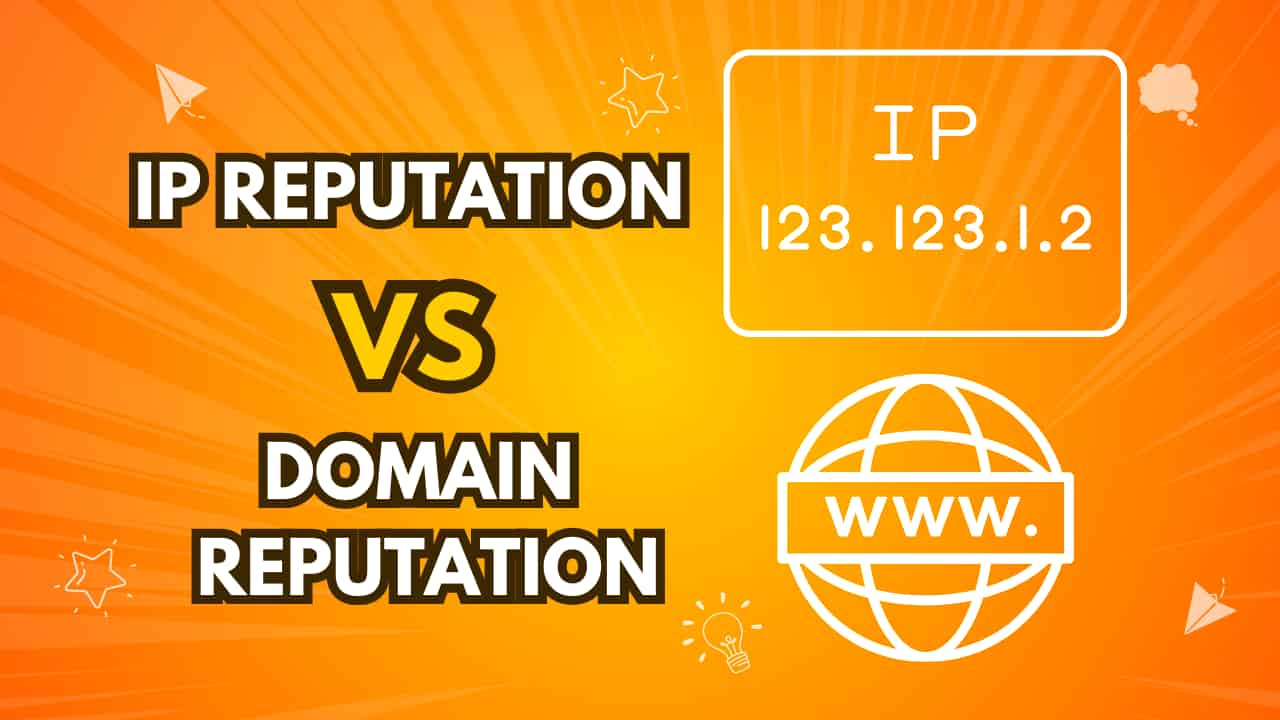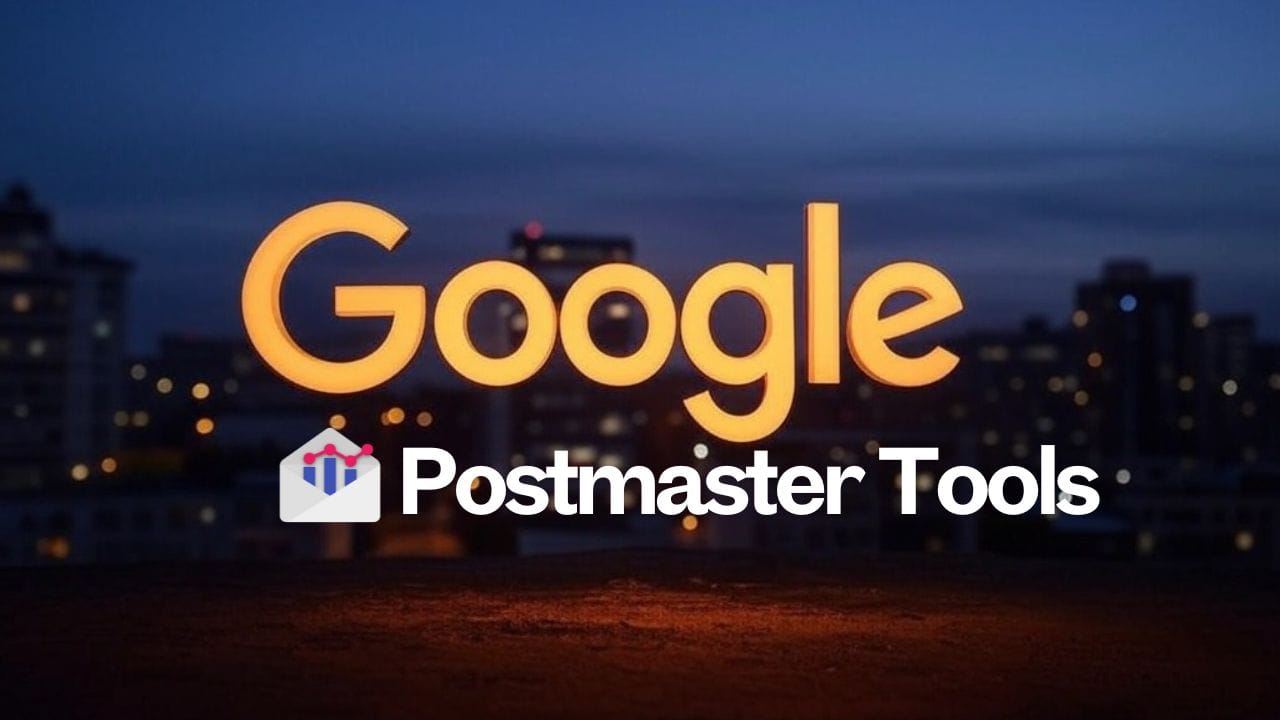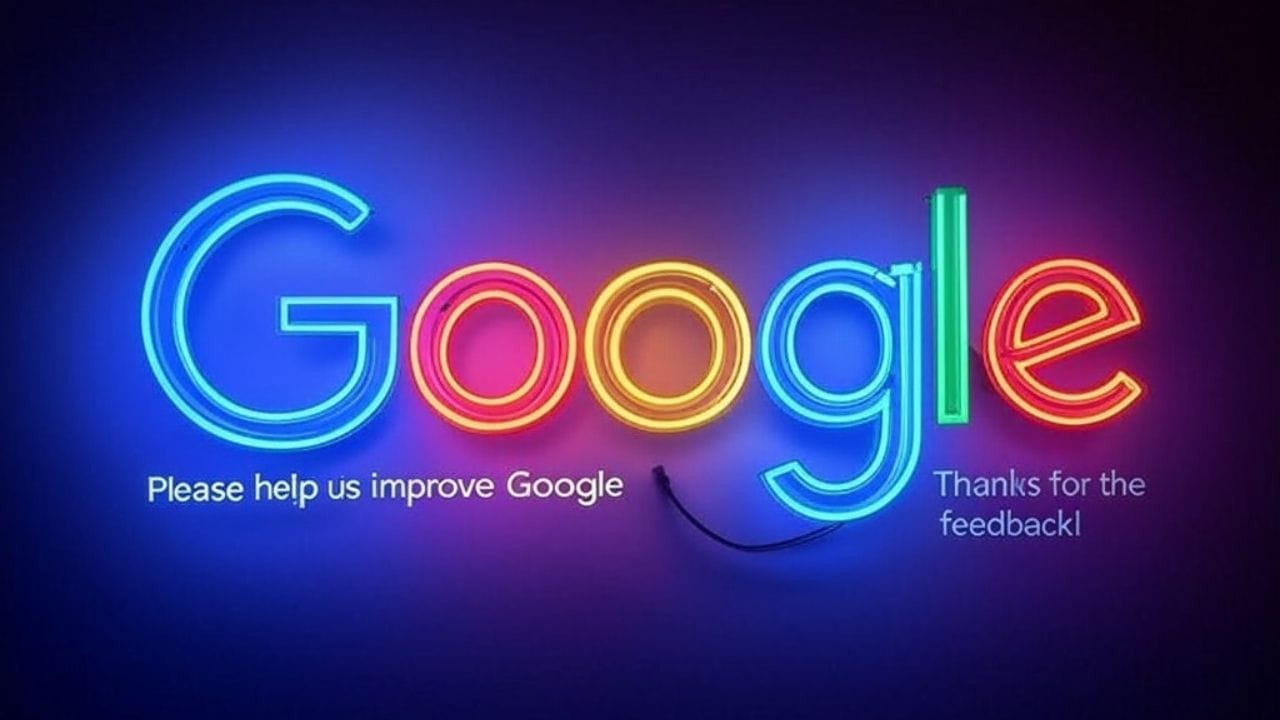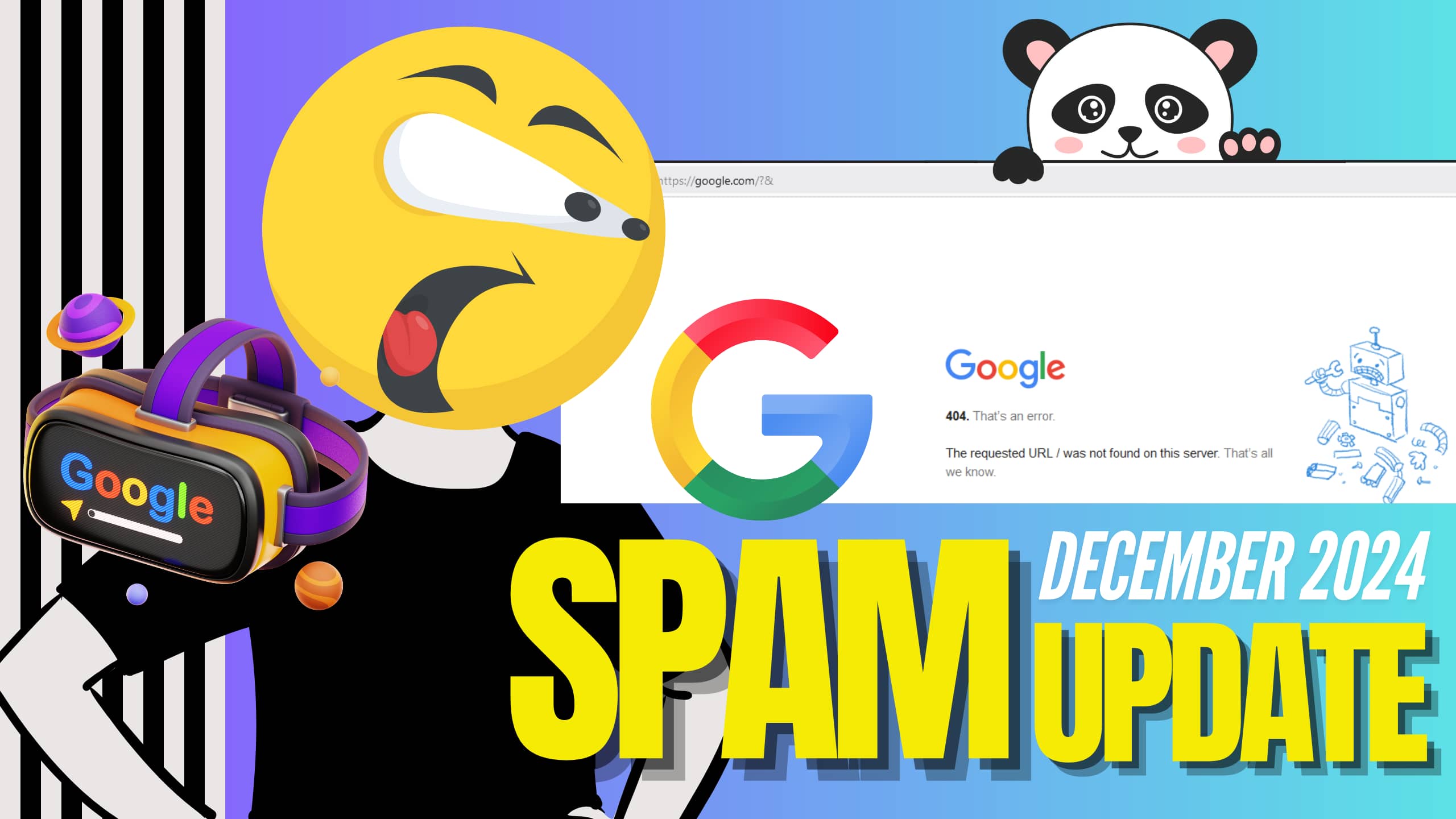In the digital world, both IP reputation vs domain reputation are crucial for your online presence. While they are interrelated, each plays a distinct role in determining how your site or email is perceived. Understanding the differences and importance of each reputation factor can help you maintain a strong, trustworthy online profile. Let’s dive into what these reputations are and how they affect your site or email performance.
Contents
What is Domain Reputation?
Domain reputation refers to the overall trustworthiness of your website’s domain. Search engines, like Google, evaluate various factors such as the quality of your content, backlinks, and your site’s history of behavior. A good reputation can help your website rank well in search results, while a bad reputation may lead to penalties, removal from search results, or lower visibility.
Domain reputation also plays a role in user trust. Websites with a strong reputation are more likely to be visited by users who feel confident about the site’s safety and credibility.
Understanding IP Reputation
IP reputation focuses on the reputation of the IP address used to send emails or host a website. In the context of emails, your IP reputation can directly affect email deliverability. If an IP has been linked to malicious activity such as spam or phishing, emails sent from that IP might be flagged or blocked by email providers.
Unlike domain reputation, which influences search engine rankings, IP reputation is crucial for email marketing, affecting whether or not your emails land in a user’s inbox or spam folder. Both reputations are important, but they impact different aspects of your digital presence.
Why IP Reputation vs Domain Reputation Are Different
The key difference between IP reputation and domain reputation is how they impact your online presence. Domain reputation affects your site’s SEO and its visibility in search engines, while IP reputation impacts email deliverability.
While a bad domain reputation can result in a drop in search rankings or even removal from search results, a poor IP reputation can lead to emails being marked as spam or even rejected by email providers.
In short, domain reputation focuses on your website’s credibility, while IP reputation affects how your emails are received and whether they’re trusted by email systems.
How to Measure Domain Reputation
To measure your domain reputation, you can use several tools that help track your website’s performance. Some of the most common ways to monitor domain reputation include:
1. Google Search Console: This tool helps identify any issues with your site and track your overall search performance.
2. Moz: Moz’s Domain Authority metric can give insights into how trusted your website is based on various factors.
3. Reputation Monitoring Tools: Tools like SEMrush and Ahrefs can help track your backlinks and the general health of your domain.
Tracking these metrics allows you to spot problems early and take corrective actions before they harm your online reputation.
Related: Surge in Searches for Domain & IP Reputation
How to Check IP Reputation & Blacklists
To check your IP reputation and determine whether your IP is listed on any blacklists, you can use these methods:
1. Sender Score: This tool rates your IP reputation on a scale from 0 to 100. A low score indicates a bad reputation.
2. MXToolbox: This service checks your IP address against common blacklists.
3. Spamhaus: This is one of the most trusted sources for checking whether your IP has been flagged for spamming or malicious activity.
Checking your IP reputation regularly is crucial, especially if you rely on email marketing, as a bad reputation can hinder your email deliverability.
Why Sending Authenticated Emails Is Important for Deliverability
Sending authenticated emails is vital for ensuring your emails are delivered successfully. Email authentication protocols, like SPF (Sender Policy Framework), DKIM (DomainKeys Identified Mail), and DMARC (Domain-based Message Authentication, Reporting & Conformance), verify that the sender is authorized to send emails on behalf of your domain.
Without proper email authentication, your emails are more likely to be marked as spam or blocked entirely. By implementing these protocols, you can protect your IP reputation and improve your email deliverability, ensuring that your messages reach the inbox.
How to Increase Domain Reputation
Improving your domain reputation involves several steps:
1. Quality Content: Regularly update your website with relevant, high-quality content that adds value to your audience.
2. Backlink Strategy: Gain backlinks from reputable websites in your industry. Avoid low-quality or spammy backlinks.
3. Fix Security Issues: Ensure your website is secure, free from malware, and properly protected against cyber threats.
4. Engagement: Create a website that engages users, which in turn signals to search engines that your site is trustworthy.
By consistently improving these factors, you can build and maintain a strong domain reputation.
Advantages of Using a Dedicated IP
Using a dedicated IP for email marketing offers several benefits:
Better Control: A dedicated IP ensures that your email reputation is not affected by other senders.
Higher Deliverability: With a dedicated IP, your email reputation remains consistent and unaffected by others, which can improve inbox placement.
Less Risk of Blacklisting: If you share an IP with other senders, their actions (such as sending spam) can harm your reputation. A dedicated IP removes that risk.
While using a shared IP is cost-effective, a dedicated IP offers better control over your email reputation and ensures consistent performance.
Recommended: Site Reputation and Google’s Spam Policies
Conclusion: Why Both Reputation Factors Matter
In today’s digital landscape, managing both domain reputation and IP reputation is essential. They may focus on different aspects—domain reputation impacts SEO and search engine visibility, while IP reputation influences email deliverability. However, both are equally important for building trust and credibility with users and systems.
Maintaining a good domain reputation and IP reputation helps ensure that your website remains visible, trusted, and performs well in both search engines and email systems.
Quick Comparison Table: IP Reputation vs Domain Reputation
| Factor | IP Reputation | Domain Reputation |
|---|---|---|
| Impact on SEO | No direct impact | Direct impact on search engine rankings |
| Impact on Emails | Affects email deliverability, spam folder placement | No direct impact on email deliverability |
| How It’s Affected | Email sending behavior, blacklists, spam reports | Content quality, backlinks, user engagement, site history |
| Key Metrics | Sender Score, blacklist checks, spam traps, IP history | Domain Authority, backlinks, content relevance, organic traffic |
| How to Improve | Authenticate emails (SPF, DKIM, DMARC), maintain a clean sending history | Improve content quality, earn reputable backlinks, fix security issues |
| Primary Focus | Email sending practices, reputation of IP address used for emails | Website trustworthiness, quality, and authority of the domain |
| Tools for Monitoring | Sender Score, MXToolbox, Spamhaus, Cisco Talos | Google Search Console, Moz Domain Authority, Ahrefs, SEMrush |
| Affects Trust on Web Traffic | No direct effect on web traffic | Directly impacts site visits and user trust |
| Reputation Recovery | Recover by improving email practices and IP authentication | Recover by fixing site issues, content, and building trustworthy backlinks |
| Impact of Spammy Behavior | Highly impacted—can result in blacklisting, email delivery issues | Spammy behavior can lead to penalties in search rankings, removal from search engines |
| Shared or Dedicated Use | Often shared in shared hosting or email sending, can be dedicated for email marketing | Typically unique to a site, shared if using shared hosting |
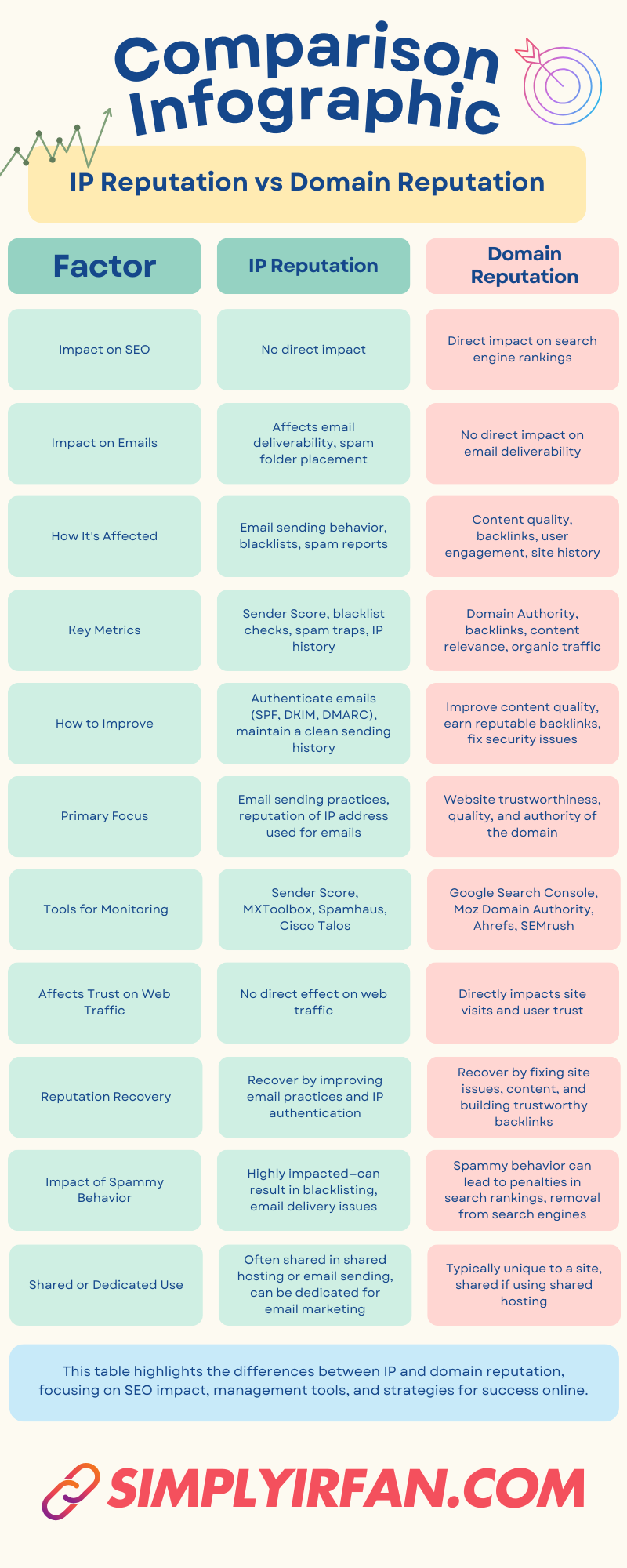
This detailed table highlights various ways in which IP reputation and domain reputation differ, from their effects on SEO to the tools and strategies needed to manage them. Each is important in its own right, depending on whether you are managing a website or running email campaigns. Maintaining both is essential to ensure success online!
